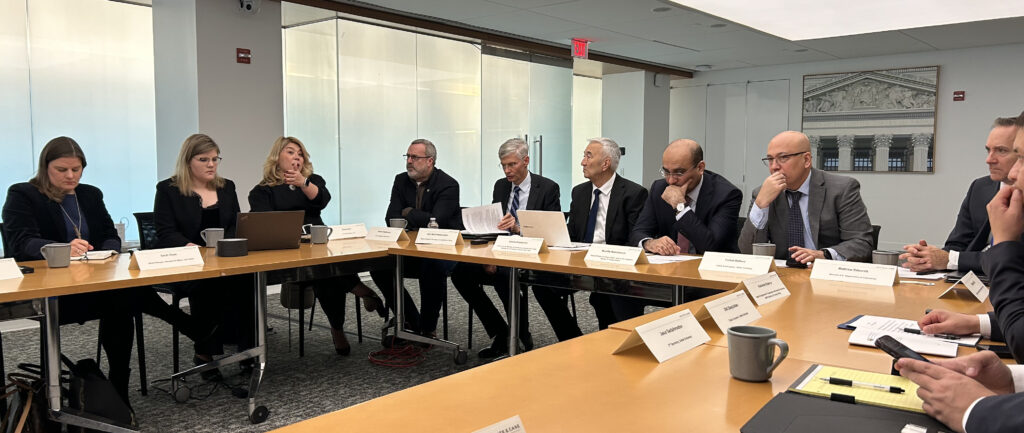President Biden has signed an executive order launching a national biotechnology and biomanufacturing initiative that contains many provisions important to American soybean farmers, including actions that will support improved markets for biobased products, create greater access to biotechnology, and encourage research and development supporting the “bioeconomy,” or economic activity derived from biotechnology and biomanufacturing.
“This announcement puts in place steps that will help our industry continue to use soybeans to develop innovative, sustainable products that can help lower greenhouse gas emissions and create more jobs for not only agriculture but all Americans,” American Soybean Association President Brad Doyle said. “We are also pleased to see included measures that support agricultural biotechnology regulatory reform, along with quite a few other provisions.”
Among that list of items appreciated by soy are:
• A report from USDA on leveraging the bioeconomy for “improving sustainability and land conservation; increasing food quality and nutrition; increasing and protecting agricultural yields; protecting against plant and animal pests and diseases; and cultivating alternative food sources”
• The Data for the Bioeconomy Initiative, which will use data to drive breakthroughs in the bioeconomy
• Various agencies taking steps to expand domestic biomanufacturing and biobased product manufacturing
• An emphasis on federal agency procurement of biobased products, overseen by USDA
• A requirement to create a lexicon for the bioeconomy to help measure the size and impact of the bioeconomy, and a focus on making revisions to the North American Industry Classification System (NAICS) and the North American Product Classification System (NAPCS)
• A focus throughout on protecting and enhancing the security of physical infrastructure, biosecurity/biological data, and cyber-security
• Guidance directing USDA, EPA, and FDA to identify areas of ambiguity, gaps, or uncertainties in the federal agricultural biotechnology coordinated framework within 100 days
• A call for, within 280 days, developing a plan for regulatory reform for the areas requiring clarification or improvement in the federal agricultural biotechnology coordinated framework
• A requirement that annual reports be developed for three additional years providing progress reports on agricultural biotechnology regulatory modernization efforts
U.S. companies now offer approximately 1,000 soy biobased products. Using a whole-bean approach, soybeans are processed into protein and oil — the former primarily used in plant-based foods like tofu and in livestock animal feed, but also as an ingredient in plastic composites, synthetic fiber, paper coatings, adhesives, etc.; and, the latter, versatile soy oil used in foods, cosmetics, asphalt, biodiesel and countless other products.
The White House shared in its correspondence that “investments, programs, and partnerships in this initiative will advance research and development in engineering biology and biomanufacturing, expand and strengthen domestic biomanufacturing capacity and resilient supply chains. It will help bring bioproducts to market that will help support American farmers and reduce risk through biosecurity innovation, as well as enhance workforce training and education programs for the next generation of biotechnologists.”
ASA applauds this effort and looks forward to working with the administration in continuing to develop soy biobased markets and opportunities reliant upon modern biotechnology.






